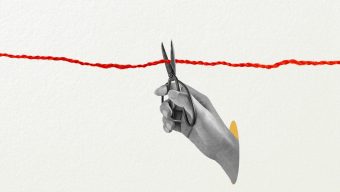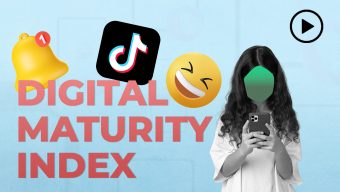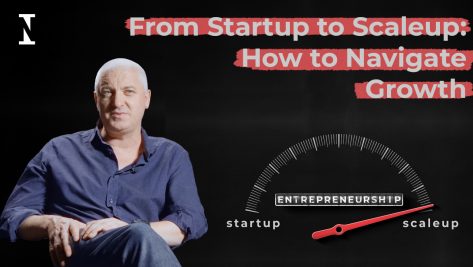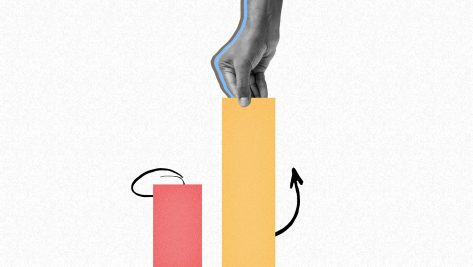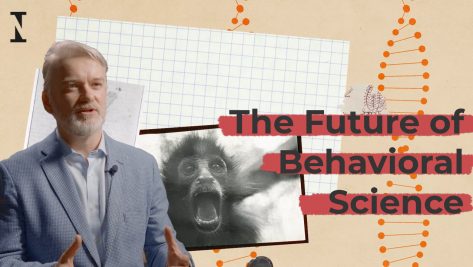People’s longevity is a new reality that impacts all industries and organizations; this success brought on by scientific advances has repercussions on countless factors, including the working world. According to the World Bank, the Human Mortality Database and other studies, a high percentage of those born in developed countries in the 20th century have a life expectancy of over 80 years, and that figure is expected to keep rising in the coming decades. This opens the door for us to reshape our professional careers.
This demographic change has given rise to new phases in people’s lives. Where we used to talk about education, career development and retirement, we can now point to the freedom to experiment before starting a career, and seek out impact projects before retirement. In fact, there are serious doubts that this concept will even exist in the not-too-distant future; instead, we will need to start thinking about some form of “unretirement.”
For many people, titles, positions and compensation are less important than activities that make a meaningful impact on the community.
A new world after 50
The outlook is different for veterans over 50 years old, given the personal and professional experience they have gained. We see that, for many people, titles, positions and compensation are less important than activities that make a meaningful impact on the community, in the broadest sense of the word. In fact, some of the most recognized projects with the biggest impact come from people in that age bracket; projects that, despite the age of their leaders, are entirely entrepreneurial, and allow them to teach, advise and do research on a variety of subjects.
This is the case of Lucy Kellaway. At 57, she left her job as journalist for the Financial Times to work in secondary education. By doing so, she not only helped reduce the problem of teacher shortage at this level in the United Kingdom. She also invited a group of professionals (many of them from the banking and service industries) to leave their careers and join the NGO Now Teach to focus on educating kids aged 12-16.
Choosing something that enriches you as a person is easier when you are clear about the reason or purpose.
Longer careers, different outlook
The future of employability is shifting based on the current life expectancy of humans. Our careers are starting to last 60 years. With this change, new options are emerging for us to make the journey. The classic model based on one main area of focus (i.e., finance, education, politics, law), where a person engages in multiple variants throughout his or her career, is branching out to allow for multiple areas of focus. This is being driven by the rapid changes in our environment and the opportunity to explore and experiment, since careers are getting longer.
Careers themselves are adapting to the demands of any and all industries, so transitions are the new normal for young people and experienced professionals alike. In fact, the more veteran workers who are open to change reach this point in a more relaxed phase of introspection, where they explore deeper dimensions about their own identity. It is all about the purpose of their actions.
For the process to be successful, these professionals must be given a chance to rediscover their purpose in life, and be supported in the process.
An “investment” with purpose
Professional transitions are becoming increasingly common (from the start of their career, workers have a number of socially accepted and recommended options to continue learning and manage their transitions: earning a master’s degree, going to a different country or organization, etc.). However, once a person has 25-30 years of experience, it is not so easy for them to invest in exploring what might make sense for their next step professionally and personally. Spending time on these approaches is, to some degree, a significant change that comes with its share of risks. In a way, it is a chance to start over; so if the person has a clear purpose, it is easier to take risks and make decisions along those lines. Choosing something that enriches you as a person is easier when you are clear about the reason or purpose. Oftentimes, reason and purpose get diluted, or even disappear, due to the need to tend to such basic needs as providing for one’s family forward or earning the next promotion.
Given that the current labor and social models do not provide spaces to “stop and reflect,” how will these professionals have the time to map out and prepare for the next 10-20 years of impact, satisfaction and productivity?
For the process to be successful, these professionals must be given a chance to rediscover their purpose in life, and be supported in the process. Once they identify their purpose, it becomes their guiding light and a key criterion in their daily decision making. All of these tend to be reinforced by being clear about the path and setting new goals that can be equally or more ambitious than those of their previous stage.
In some countries, we tend to think that attributing a greater importance to our work is the stuff of millennials or NGOs. Many of us grew up in environments where “devoting ourselves to doing good” was at odds with creating value. There is an increasing amount of empirical evidence that giving meaning and a certain level of importance to our work is not at all incompatible with creating value and achieving financial success. Fred Kofman, an economics professor at MIT and director of talent development at Google, and LinkedIn before that, explains this very well in his latest book, The Meaning Revolution. In fact, according to indices in the US, start-ups led by people over 50 are more likely to succeed than those in younger hands. Thus, entrepreneurship is not exclusive to young talent. The ideal solution would be to combine the talents of these two segments.
In this context, it is vital to keep investing in developing and nurturing personal relationships. Harvard Medical School’s Study of Adult Development, conducted for nearly 80 consecutive years, underlines how the quality of these relationships is the best predictor of a fuller life in these phases of a person’s adulthood.
Start-ups led by people over 50 are more likely to succeed than those in younger hands.
Dissatisfied and nonconformist, but motivated
Personal reflection rekindles the nonconformist spirit that brought so much dynamism in the past. The journey continues with renewed values, more structure and a new group of people.
The new circles of friends should be seen as a fresh impulse to make sense of each personal transformation. According to Professor Herminia Ibarra of the London Business School, the relationships that contributed to a person’s success in a professional role are not necessarily going to foster success in their next chapter. So it is essential to be strategic with this new network of professional relationships that will need to be developed.
In the complex process of relearning, it is crucial to have all kinds of help and experimentation. The NeuroLeadership Institute, as part of the workplace training it offers, presents various concepts such as attention and emotion to carry out an effective learning process. But it is vital to recognize the importance of “unlearning” that questions myths and hypotheses about the professional growth of previous eras to give way to new learning adapted to present and future demands.
In short, as noted by Anita Hoffmann, CEO of Executiva and author of the book Purpose & Impact, “because we’re going to live longer and things change so fast, with industries coming and going, knowing how to create new options for oneself becomes an absolutely essential life skill.”
Insights for this article where generated through the research done for the Transformation with Purpose Fellowship. For more information on the fellowship, do not hesitate to reach out to Janna Wetter Coraspe.
© IE Insights.






